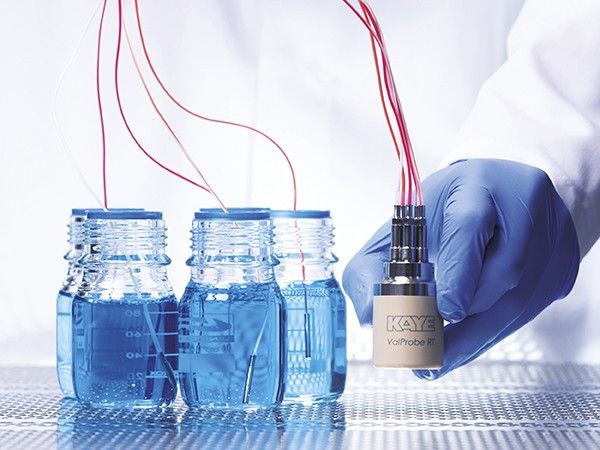In today’s fast-paced, data-driven industrial and research environments, precision, accuracy, and timeliness are non-negotiable. Whether it’s monitoring environmental conditions in pharmaceutical manufacturing, cold chain logistics, or food storage, the need for continuous and reliable data collection has led to a growing reliance on Real Time Data Logger systems. These advanced tools offer an essential solution for real-time data logging, delivering critical information instantly and enabling prompt decision-making.
What is a Real Time Data Logger?
A Real Time Data Logger is a compact, highly accurate device used to continuously record and transmit data such as temperature, humidity, pressure, or other physical parameters. Unlike traditional loggers that store data for later download, real-time data loggers send this information instantly to a centralized system, cloud storage, or mobile app. This allows stakeholders to monitor conditions as they happen, identify anomalies immediately, and take corrective action without delay.
The Power of Real-Time Data Logging
Real-time data logging offers significant advantages across multiple industries:
-
Instant Alerts and Notifications
Real time data loggers are often equipped with alarm capabilities that send SMS or email alerts when a parameter deviates from a predefined range. This immediate notification system helps prevent product loss, equipment failure, or safety hazards. -
Remote Access and Control
With cloud connectivity, users can access live data from anywhere in the world. This remote visibility is especially critical for supply chain managers, quality control officers, and researchers who need to monitor processes outside normal working hours. -
Improved Compliance and Audit Readiness
Industries governed by strict regulatory frameworks (e.g., FDA, WHO, ISO) benefit from real-time data logging systems that ensure continuous, verifiable records. Time-stamped logs enhance data integrity, making audits smoother and more transparent. -
Data-Driven Decision Making
Real-time monitoring enables quick identification of trends, allowing teams to proactively address issues before they escalate. This leads to increased operational efficiency and reduced downtime.
Applications of Real Time Data Loggers
-
Pharmaceuticals and Biotechnology: Monitoring conditions in stability chambers, incubators, and storage areas to ensure product quality and compliance.
-
Cold Chain Logistics: Tracking temperature-sensitive products like vaccines and food items during transportation.
-
Environmental Monitoring: Measuring air quality, pollution levels, and climatic conditions in research and governmental projects.
-
Manufacturing: Ensuring optimal operating conditions for sensitive machinery and materials.
Choosing the Right Real Time Data Logger
When selecting a real time data logger, consider:
-
Measurement Range and Accuracy: Ensure the device meets your operational tolerances.
-
Battery Life and Power Source: Look for models that support long-term deployment with minimal maintenance.
-
Connectivity: Choose between Wi-Fi, Bluetooth, GSM, or Ethernet based on your infrastructure.
-
Data Storage and Security: Ensure encrypted transmission and reliable backup systems.
Conclusion
As industries evolve toward smarter, more connected systems, the value of real-time data logging becomes increasingly clear. A Real Time Data Logger is no longer a luxury—it’s a necessity for organizations that demand accuracy, compliance, and efficiency. By providing continuous, actionable insights, these devices empower professionals to make informed decisions, reduce risks, and uphold the highest standards of quality and safety.









